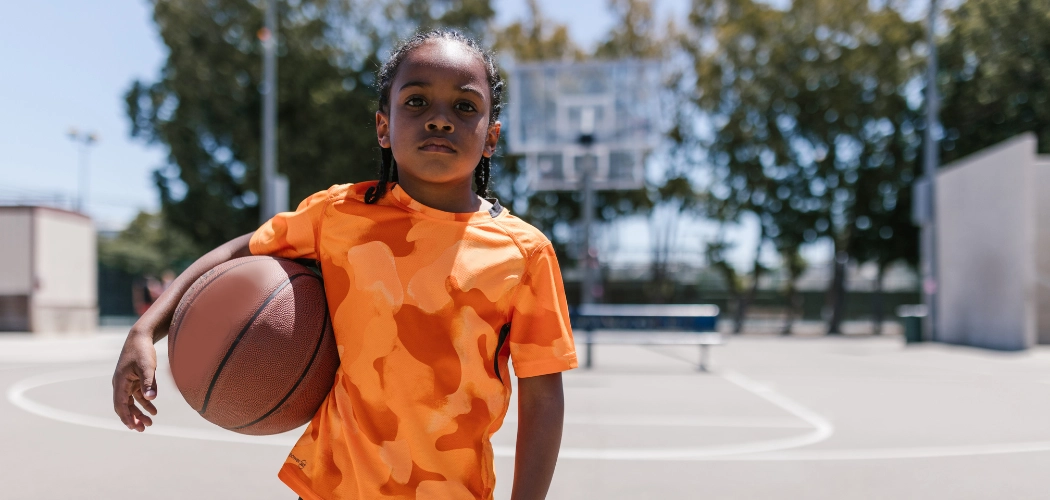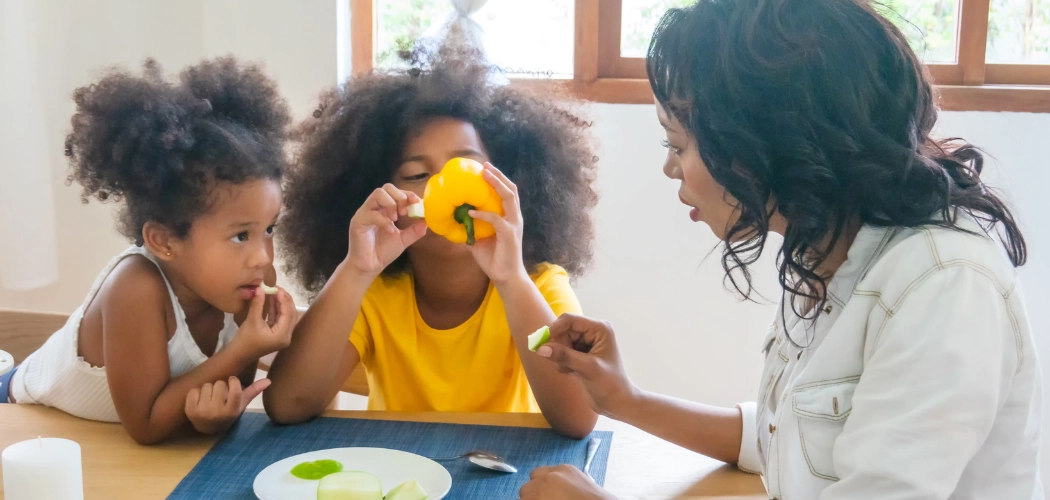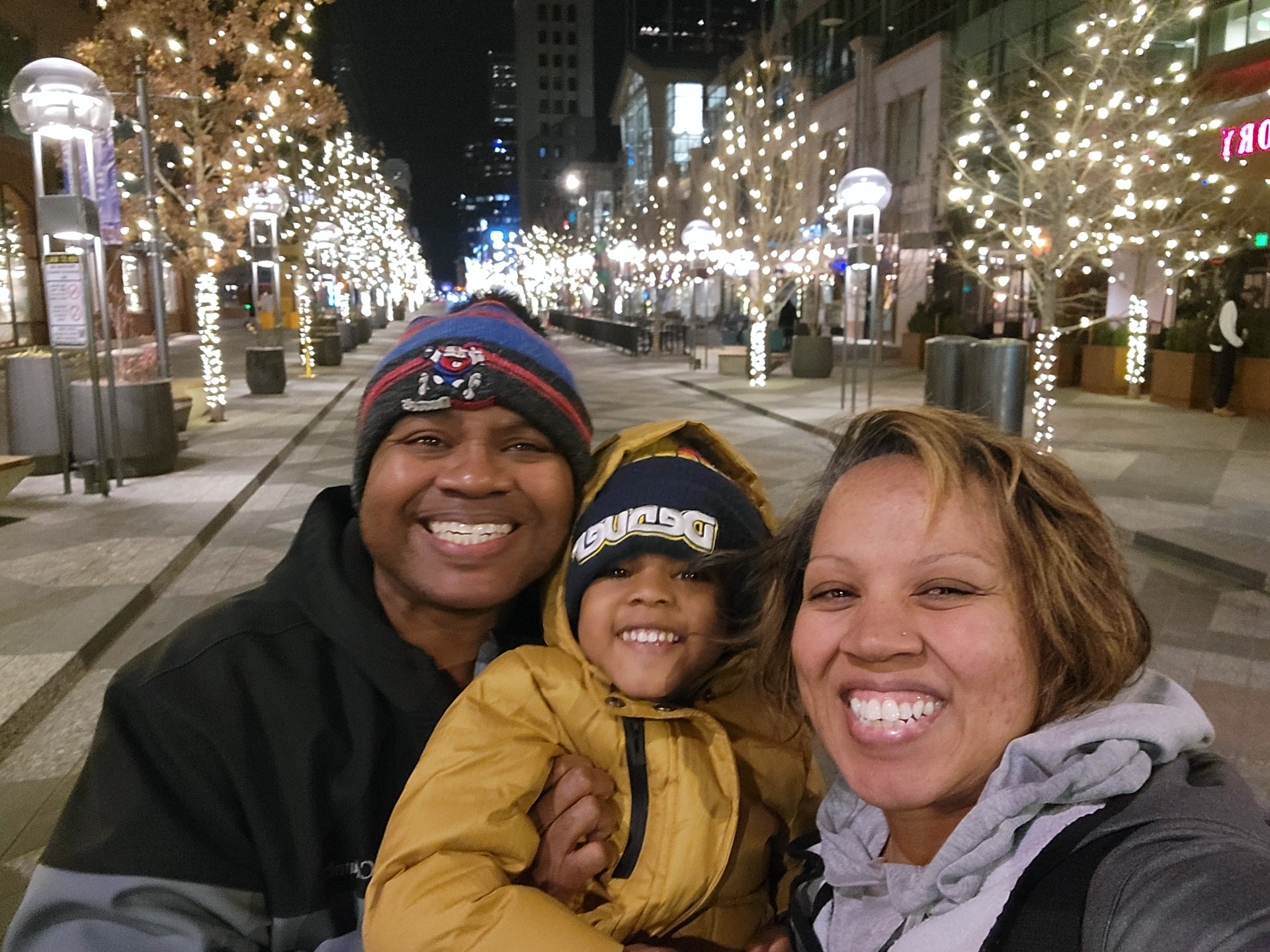I struggled with body image for most of my life, and it’s important to me to help my kids feel confident in their bodies rather than having the same insecurities I faced. But as a mom, I know it’s hard to control that (or control anything, right?).
There are a couple of important things we can do to help our kids develop healthy relationships with their bodies:
- Be a good role model. Our kids are watching and absorbing everything we say and do. I know it seems like they aren’t listening half the time, but they are soaking in everything we say and do. We need to trust that our modeling is influential. The way you talk about your body and the way you treat your body is important. When you are shopping or trying on clothes, do you look in the mirror and say, “Wow, I really like this color blue!” or do you look in the mirror, touch your stomach with disappointment and say, “Ugh”? When you are preparing for date night, are you asking your husband if he likes your outfit or if he thinks you look good in the outfit? Are you constantly on a diet and talking about food? Is your exercise plan based on health or weight loss?
It’s perfectly OK for us to care about what we eat, how we exercise, and to want to look good in our clothes for our husbands. But the way we talk about those things models how our kids will talk about their own bodies. Try asking about your clothes rather than your body. Try talking about food that fuels your body rather than calories or fat intake. Try talking about exercise as being important for your mental health and not just weight-loss. Let your children see and hear you modeling your own positive body image.
- Shift the message. Our culture has a tendency to only talk about our bodies in terms of weight and attractiveness. Our kids are bombarded with messages to be more attractive or more fit. And even if we think our world is getting better at this, if we pay attention to advertising or take a look at the magazine covers as we’re checking out at Target, we still notice the predominant message that being thin and pretty is what gets the world’s attention.
At some point, our kids naturally start noticing differences between their bodies and their peers’ bodies. They notice that some people are developing faster than others, some people look different in clothes, etc. It is impossible to shelter our kids from these kinds of messages about their bodies.
But if we pay attention to the fact that the majority of those messages are about weight and attractiveness, we can start to add to the dialogue by talking about our body’s purpose and help our kids understand God’s amazing design for their bodies.
A great way to do this is by casually mentioning how strong or how smart our bodies are. We can send messages so our kids start to see their bodies as being tools, rather than objects for display. We want our kids to recognize that their bodies do some cool things! When our kids play sports, mention how awesome it is that their bodies move or bend the way they do, or that their bodies instinctively know what to do or where to go, or that their bodies have been trained to do certain skills. When cooking dinner, talk about how amazing it is that our hands and arms have the control to carefully dice those tomatoes, and the strength and dexterity to do so safely. When our kids are falling asleep, talk about how amazing it is that our bodies know it is time to unwind, that our bodies are craving rest so they can do all the things they need to do tomorrow. When we get our period, as much as we might hate it, we can send our kids (boys and girls!) a simple message that it’s cool our bodies are doing what they’re doing. It might feel gross at times, but it’s also sort of amazing.
While the rest of the world wants to talk to our kids about what their bodies look like, let’s start focusing on talking to our kids about what their bodies are doing. And let’s stop talking about what our own bodies look like. I know it’s hard, and it’s OK to care about what our bodies look like, but our kids already get enough of that from everywhere and everyone else. Who knows, in addition to helping our kids build healthier body images, maybe we’ll improve our own body images as well!
To get more articles like this, subscribe to The MOPS Magazine and get this digital issue sent to you now PLUS 4 more print issues sent straight to your mailbox.
Dr. Heidi Croatt is a mom of two, professor, family sexual communication researcher, and parent educator. She’s been featured in parenting magazines and podcasts and regularly speaks to parenting groups with her parenting education program, Beyond Birds & Bees: Communicating Your Values to Raise Sexually Healthy Kids.




